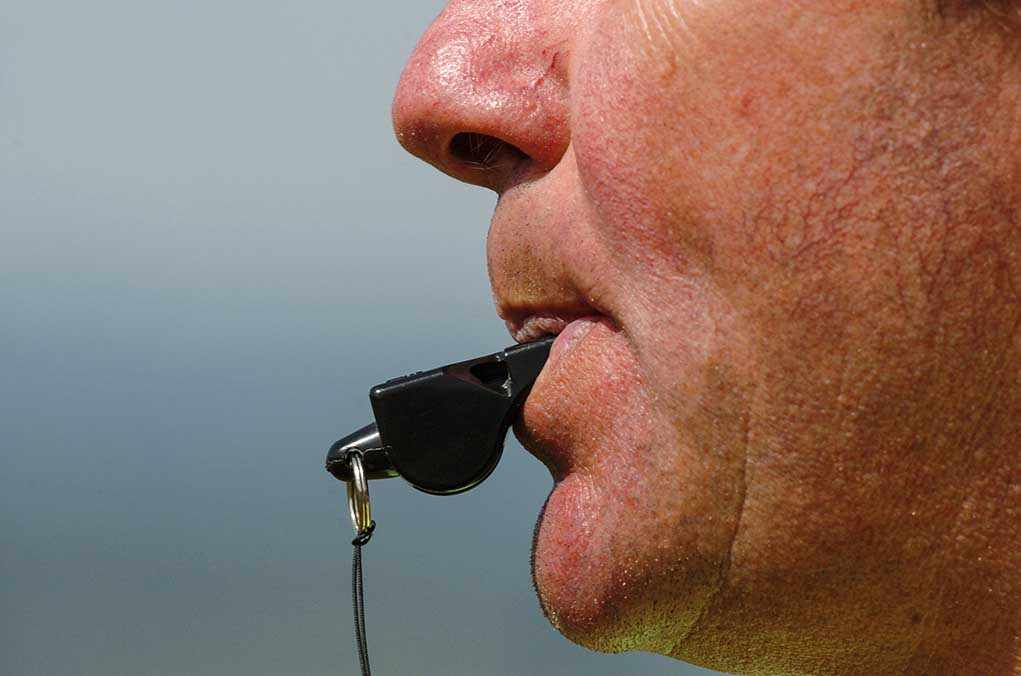
Belmont University is accused of defying a federal ban by rebranding DEI as “Hope, Unity, and Belonging,” leaving many questioning the integrity of this Christian institution.
At a Glance
- Belmont University allegedly continues DEI programs under a new name despite a federal ban.
- Whistleblowers and leaked documents suggest ongoing DEI hiring practices.
- Rep. Andy Ogles has called for a federal investigation into Belmont’s practices.
- The university has initiated an external compliance review due to public pressure.
Allegations Against Belmont University
Belmont University, a prominent Christian institution in Nashville, Tennessee, is embroiled in controversy as allegations emerge regarding its Diversity, Equity, and Inclusion (DEI) practices. Despite a federal executive order issued by President Trump in April 2025 prohibiting DEI initiatives at federally funded institutions, Belmont is accused of rebranding its DEI efforts under the guise of “Hope, Unity, and Belonging” (HUB). This alleged subterfuge has raised concerns about compliance with federal law and transparency in higher education. The situation intensified in mid-July when U.S. Representative Andy Ogles took decisive action by requesting a federal investigation into Belmont’s HUB program, citing evidence of continued DEI-related hiring practices and potential concealment of undocumented student admissions.
Whistleblower videos and leaked documents have provided a glimpse into the university’s internal operations, revealing discussions on DEI practices and strategies to maintain diversity metrics. These revelations have cast a spotlight on Belmont’s commitment to federal compliance and ignited a broader debate over the role of DEI in American higher education. Belmont’s administration has responded by announcing an external compliance review to address the allegations, but skepticism remains regarding the institution’s intentions and transparency.
Political and Social Repercussions
The controversy surrounding Belmont University has significant political and social implications, particularly in the context of President Trump’s executive order banning DEI programs. This move has sparked debates over the legality and ethics of DEI initiatives in education, with conservative lawmakers arguing that such programs promote discrimination against majority groups. Belmont’s decision to rebrand its DEI office as HUB has drawn criticism, with opponents claiming the university is deliberately circumventing federal law while misleading stakeholders.
In a state with a Republican-led government and a history of legislative action against DEI and undocumented student admissions, Belmont’s actions have ignited political tensions. Rep. Andy Ogles has taken a leading role in challenging the university’s practices, leveraging whistleblower tips and public pressure to demand accountability. His efforts have been bolstered by a web portal designed to gather additional whistleblower information regarding Belmont’s DEI activities, indicating a continued commitment to uncovering potential violations.
Implications for the Future
The outcome of the federal investigation and Belmont’s external compliance review could have far-reaching consequences for the university and the broader higher education sector. If violations are confirmed, Belmont risks losing federal funding, a move that could significantly impact its financial stability and reputation. The case also serves as a potential precedent for other universities navigating the complexities of DEI compliance under federal restrictions.
Beyond Belmont, this controversy highlights the ongoing national debate over DEI programs and their place within American educational institutions. As universities grapple with balancing compliance with federal mandates and their commitment to diversity and inclusion, the Belmont case underscores the need for transparency, accountability, and adherence to the law. The broader implications for DEI initiatives nationwide remain uncertain, with potential chilling effects on similar programs and increased demand for legal and compliance expertise in higher education.
Sources:
Religion News Service, July 29, 2025
Fox News Digital, July 28, 2025

